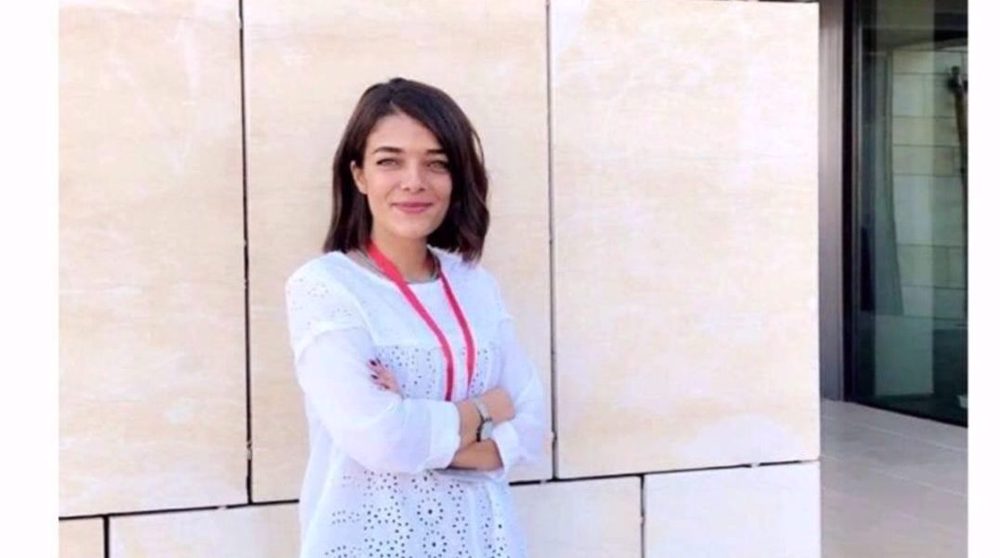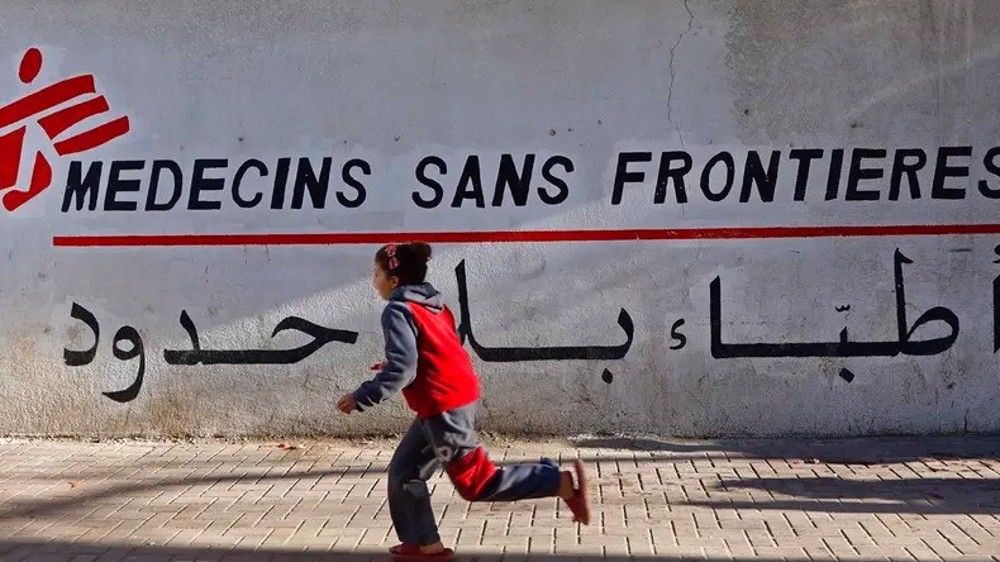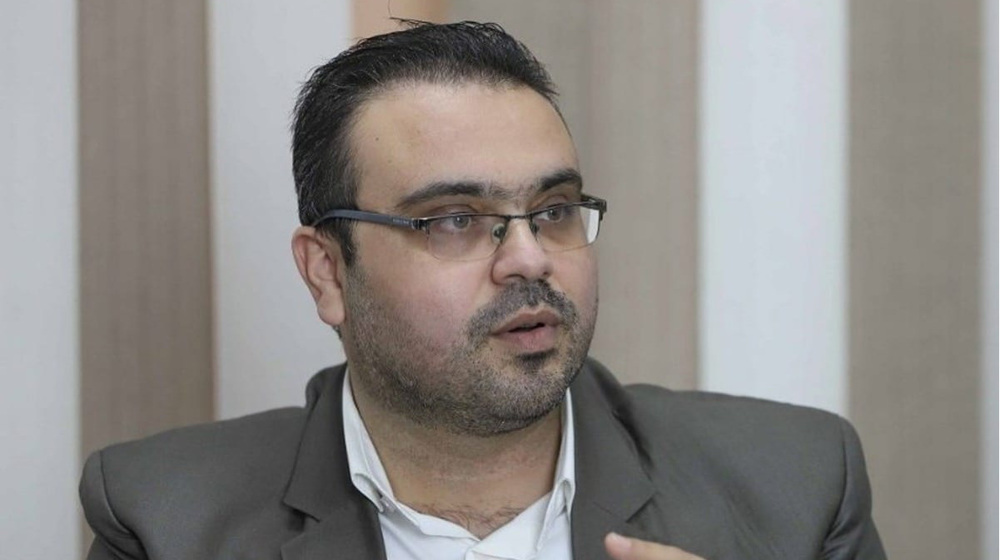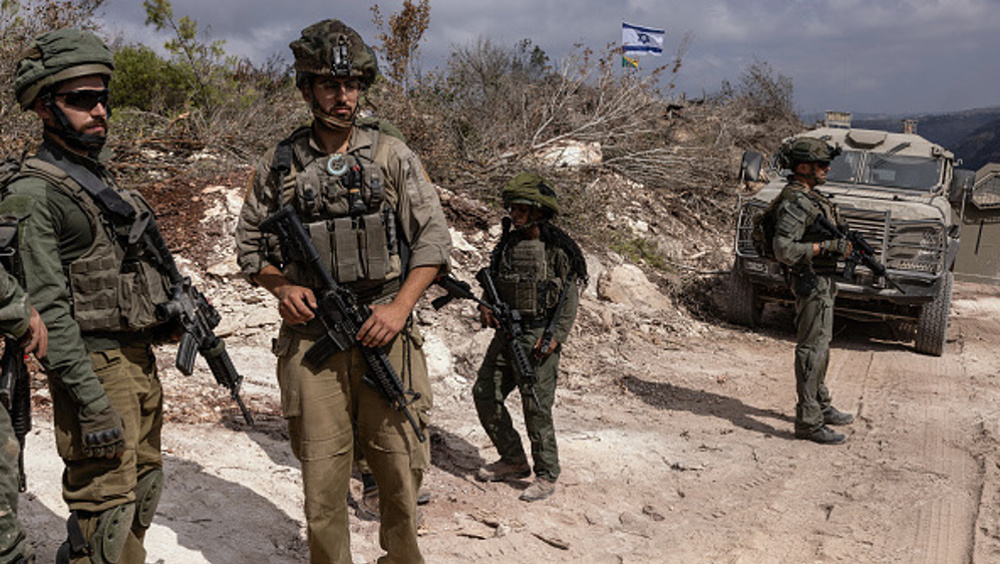I still feel the pain from Israeli torture: Female Palestinian student
A female Palestinian, who aspires to become a journalist projecting the plight of her people to the world, recounts the torture-filled ordeal that she suffered during some 15 months of imprisonment by the Israeli regime on apparent political grounds.
The story of 23-year-old Mays Abu Ghosh, who now studies journalism at Birzeit University in the West Bank, goes back to August 2019, when her home in the Qalandiya refugee camp in the west-central part of the Israeli-occupied Palestinian territory was raided by the Israeli regime’s military. The forces, who were holding their dogs on leashes, woke the family up, rummaged their rooms, and then spirited Mays away into incarceration.
On Friday, the Electronic Intifada, a website that covers Palestinian issues, published her description of what she went through during the drawn-out imprisonment.
Most of her suffering relates to her one-month-plus-long detention at a center in Jerusalem al-Quds, where she was subjected to lengthy sleep deprivation and forced into stress positions.
“The most severe thing was three days in a row without being allowed to sleep,” she said. “I had to stay in a chair and if I closed my eyes, a soldier would come over and shout at me. I was slapped in the face continuously,” the student added.
Mays was forced to stand and bend her knees, with Israeli forces pressing down hard on her shoulders, the website wrote, adding that she had to remain in such painful positions for long stretches of time.
Her shackles were so tight that her hands and feet started to bleed, the outlet reported.
“I still have various pains – in my back, feet, and head – because of the torture,” she said.
According to the website, it later became clear that Mays had been forced to go through the agony due to her raising objection to Tel Aviv’s occupation of her homeland, and her various actions in support of her beliefs.
She was charged with being a member of the Progressive Democratic Student Pole, which is affiliated with the Popular Front for the Liberation of Palestine (PFLP).
Tel Aviv has banned the student body and has been persecuting its members for years. Around 50 people, mainly students, were arrested in the West Bank around the same time as Mays’, although it is not clear if they were associated with the group.
Mays was also charged with “contact with an enemy” that related to her participation in a conference held in Lebanon on the right to return of Palestinian refugees.
Israel currently holds thousands of Palestinians in its jails, including women and children.
The report, meanwhile, noted how the Palestinian student’s suffering would be accompanied by psychological terrorism, which would see her interrogators threatening that other members of her family would also be arrested and their home destroyed.
The family already had had their house demolished by the Israeli regime once in 2016, a development that had followed the Israeli forces’ gunning down of their son, accusing him of acting as an accomplice in a fatal stabbing attack.
“My family feels a huge sense of loss and instability,” said Mays, one of the thousands of Palestinian women to be apprehended by the Israeli regime since it occupied the West Bank in a Western-backed war in 1967.
She, however, vowed resolve to pursue her aspirations and ideas.
“Prison was an obstacle to my education and my career,” she said, but noted, “I am still going to work as a journalist. I will not allow my imprisonment to be a dark chapter in my life.”
According to a report by the Palestine Liberation Organization's Committee for Prisoners' and Freed Prisoners' Affairs released in 2018, the Israeli authorities have arrested more than 15,000 Palestinian women since the beginning of the occupation of the West Bank, Gaza Strip and Jerusalem al-Quds in 1967.
The report compiled by Abdel Nasser Ferwaneh, of the PLO's Committee for Prisoners' and Freed Prisoners' Affairs, condemned the Israeli occupation for escalating attacks against women over the past few years, the Middle East Monitor website said.
Hundreds of Greeks protest US warship arrival in Crete
Iran warns Trump against decisions based on false information
Iran embassy rejects 'fabricated' French reports on domestic affairs
Trump’s military buildup against Iran on Netanyahu’s behalf is a gambit doomed to fail
Iran dismisses US 'big lies' on nuclear, missile programs
CIA‑founded NGO admits deploying Starlink satellites for Iran riots
VIDEO | French comedian targeted by Rothschild and Epstein for his shows on Palestine
Iranian commanders warn US not to mistake it for other nations











 This makes it easy to access the Press TV website
This makes it easy to access the Press TV website